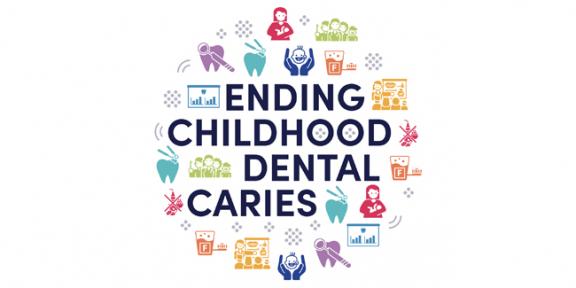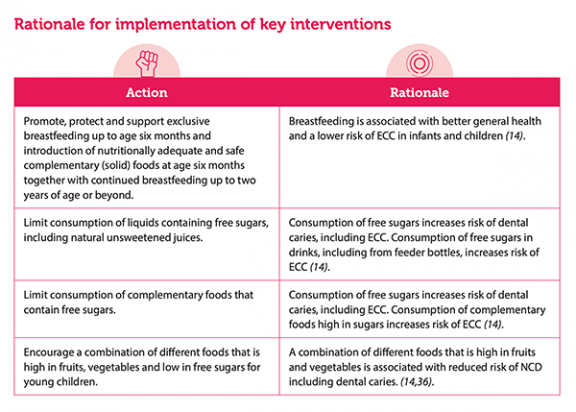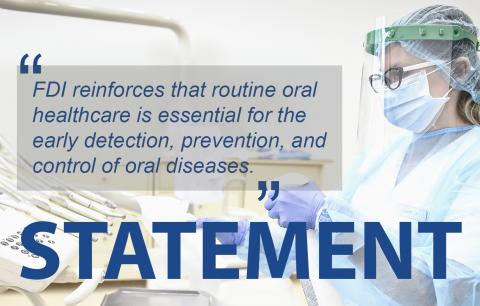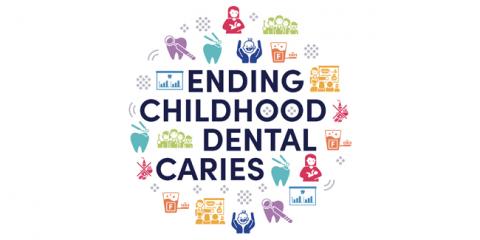Recently published WHO implementation manual maps positive path to combat early childhood caries

Ending childhood dental caries: WHO implementation manual. Geneva: World Health Organization; 2019. Licence: CC BY-NC-SA 3.0IGO
The World Health Organization (WHO) Global Oral Health Programme recently unveiled a new implementation manual called Ending Childhood Dental Caries. FDI stands with WHO to curb the burden of early childhood caries (ECC) and supports their recommendations on ECC prevention and control.
The persistent, global burden of early childhood caries
ECC afflict children under the age of six. According to the Global Burden of Disease Study in 2017, more than 530 million children globally have dental caries of the primary teeth. ECC prevalence is also increasing rapidly in low- and middle-income countries. What’s more, access to dental care remains inequitable in many countries, leaving poor children and families underserved.
Like many noncommunicable diseases (NCDs), ECC can be prevented and controlled through a range of approaches: changing personal behaviors and habits, working with families and caregivers, and/or finding public health solutions, such as building health policies, creating supportive environments, and shifting health services toward universal health coverage. Primary care teams, including community health workers, are key to successful ECC treatment and prevention programmes.

Ending childhood dental caries: WHO implementation manual. Geneva: World Health Organization; 2019. Licence: CC BY-NC-SA 3.0IGO
Who is the implementation manual for?
Ending Childhood Dental Caries implementation manual is based on evidence from systematic reviews and WHO recommendations, especially on nutrition (including breastfeeding), and primary care worker programmes. It is intended to inform and support policymakers, chief dental officers, and public health administrators in the development and implementation of plans for ECC prevention and control, using the primary healthcare approach.
The manual may also be used in training activities to help primary care teams
- understand ECC as a public health problem;
- recognize the essential risk factors for ECC, which include non-exclusive breastfeeding, free sugars consumption, and inadequate exposure to fluoride to prevent dental caries; and
- identify opportunities to prevent ECC and combat its causes.
Tooth decay remains the single most prevalent NCD in the world
Despite improvements in oral disease prevention and treatment over the past decades, problems persist: oral diseases can cause pain, anxiety, functional limitation, and social handicap through tooth loss. Global action to prevent dental caries is urgently needed from national leaders and the international public health community. Ending Childhood Dental Caries is a welcomed step forward: it presents practical, comprehensive guidance on identifying the root causes of ECC and delivers clear recommendations to prevent and control ECC from the youngest age.
Find out more...
This implementation manual is intended to inform and support policymakers, chief dental officers, and public health administrators in the development and implementation of plans for ECC prevention and control, using the primary healthcare approach.






